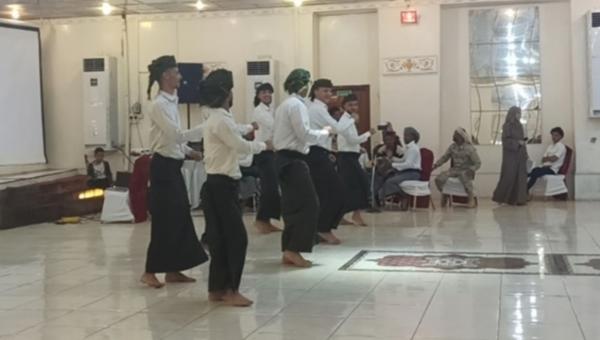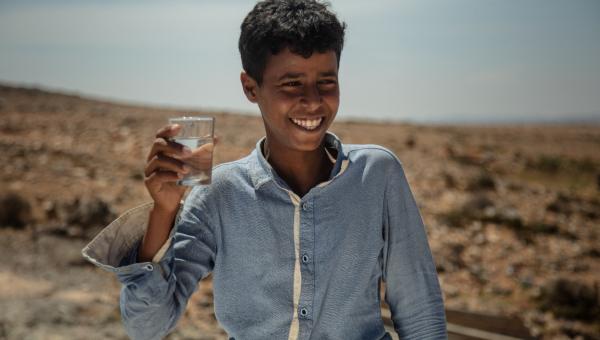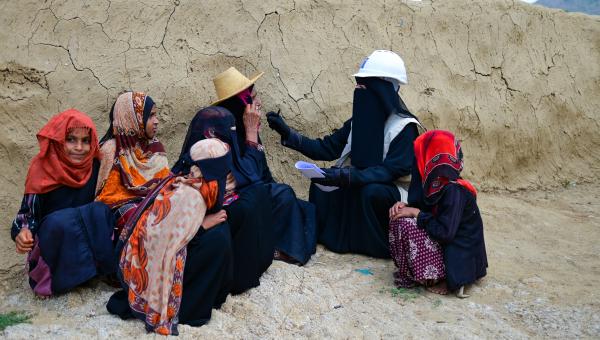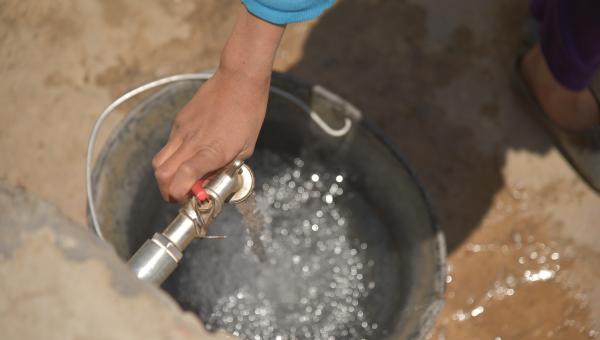Strengthening Institutional and Economic Resilience in Yemen (SIERY)
Project Summary
The Strengthening Institutional and Economic Resilience in Yemen (SIERY) Project aims to bolster the resilience of local governance in Yemen. In the context of prolonged conflict and widespread displacement, which disproportionately affects women, children, and youth, relying solely on self-help or foreign aid is insufficient. Local authorities must play a more effective role in delivering basic services, addressing emerging needs like conflict resolution and disaster management, and fostering economic recovery. Although Yemeni local authorities have shown resilience, their situation remains precarious, and further deterioration could undermine aid, recovery, and any future political settlement. The growing disparities in local governance across the country also risk perpetuating the conflict, making it essential to support local authorities in maintaining and enhancing their performance.
Recognizing that institutional and economic resilience are intricately interlinked and form a positive feedback loop, the SIERY Project focuses on two main components:
- Institutional Resilience: This component aims to strengthen local governance by improving service delivery, supporting recovery plans, and fostering peacebuilding from the ground up. It emphasizes inclusivity and accountability, particularly for women, children, and youth.
- Economic Resilience: This component seeks to improve the business environment by empowering SMEs and microfinance providers, creating jobs, and rehabilitating community-prioritized infrastructure. It aims to reduce market instability and support sustainable economic recovery.

Objectives:
- Strengthened local authority capacities to respond to community needs for services in an inclusive and accountable manner.
- Improved capacities of public services providers for scaling-up outreach to the most vulnerable.
- Strengthened central, local, and horizontal relations between local governance stakeholders.
- Strengthened linkages and cooperation opportunities between micro, small and medium enterprises, private sector and microfinance institutions involved in the value chains.
- Increased and de-risked access to financial services for economic agents in promising value chains.
Gender Empowerment
The SIERY Project streamlines gender equality, women, and young people’s empowerment by ensuring their participation and inclusion within the different components of the project while acknowledging the social and cultural barriers facing them.
Promoting Women and Youth in Development Planning Processes:
- Building technical skills for local authorities' staff, especially in the areas of gender and youth sensitivity.
- Implementing a gender analysis that measures the impact of the conflict on the changing roles and needs of women, men, girls, and boys.
- Empowering 45 districts in 9 governorates across Yemen to develop gender-sensitive local development plans through a participatory and inclusive process for the years 2022 and 2023.
- Supporting Women’s Affairs Units at the Ministry of Local Administration, Ministry of Planning Office, Governorates, and District levels with capacity development, furniture, and ITC support.
These efforts have resulted in the needs of women and youth being reflected in local government plans and led to the building or rehabilitation of schools, maternity and childhood hospitals, vocational centers for women, and the rehabilitation of youth technical and vocational institutes.
Supporting Girls' and Young Women's Education:
- Restoring, rehabilitating, and installing solar power systems in places of education for girls and young women.
This has increased student and teacher retention and safety, ensured healthy working and learning environments, and decreased dropout rates, all leading to enhanced education outcomes.
Empowering Women in Entrepreneurship:
- Providing targeted entrepreneurship training to women smallholders and women-owned small and medium-sized enterprises to expand or enhance their businesses.
- Enabling 81 women to kickstart their businesses through grants and loans provided by the project.
These initiatives have created income streams for women and their families, improving their livelihoods.
Related documents
Related materials
Accomplishments
- Forty-five districts in nine governorates have produced a three-year district recovery plan. Within the 2022 and 2023 district plans, over 120 public priorities have been supported, including the construction of health and waste facilities, water infrastructure, solar energy systems, and road opening, impacting over six million people.
- Marib local authorities participated in an exchange visit to Rwanda, equipping them with practical planning skills and improving their basic service delivery response.
- Twenty-eight CSOs have successfully implemented social accountability initiatives in Yemen.
- More than 70 schools were rehabilitated, including renovating and/or adding classrooms, WASH facilities, providing school furniture, and equipping schools with solar energy, impacting over 100,000 students.
- 203 education personnel from 23 districts were trained in Educational Planning.
- Twenty-three District Educational Plans in the south have been prepared and approved by the District Education Offices.
- 100 local authorities' personnel in Aden, Hadramout, Marib, Lahj, and Taiz were trained in school safety, risk mitigation, and emergency planning. This training also expanded to a larger target audience.
- 348 education personnel and school managers from various districts were trained to conduct Back to School Campaigns.
- The Education for Livelihood Initiative was established in Aden, Lahj, Hadramout, Marib, and Taiz with the participation of 150 district representatives.
- Four hundred and eighty-two education personnel were trained to provide vocational guidance to students to ensure their active employment.
- Support was provided for data management systems, including ICT support to education offices at the central, governorate, and district levels.
- A database for students with disabilities was established in collaboration with the Ministry of Education, the Systems and Information Department, and the Education Management Information System Committee in Aden.
- Six Governorate Education Offices, 23 district Education Offices, and 230 schools were provided with office tables, chairs, meeting tables, printers, stationery, and other necessary items.
- 2, 294 smallholders and 563 small and medium enterprises (SMEs) were upskilled with business development and tailored technical skills.
- 1, 406 smallholders and 333 SMEs received grants.
- Over 24,000 jobs and employment opportunities were created or sustained.
- Four irrigation channels were installed in Hadhramaut and Sana’a, allowing over 2,000 farmers to water their crops.
- Five markets are under construction in Aden, Hadhramaut, and Sana’a.
Related Materials
Impact
Explore more

 Locations
Locations









